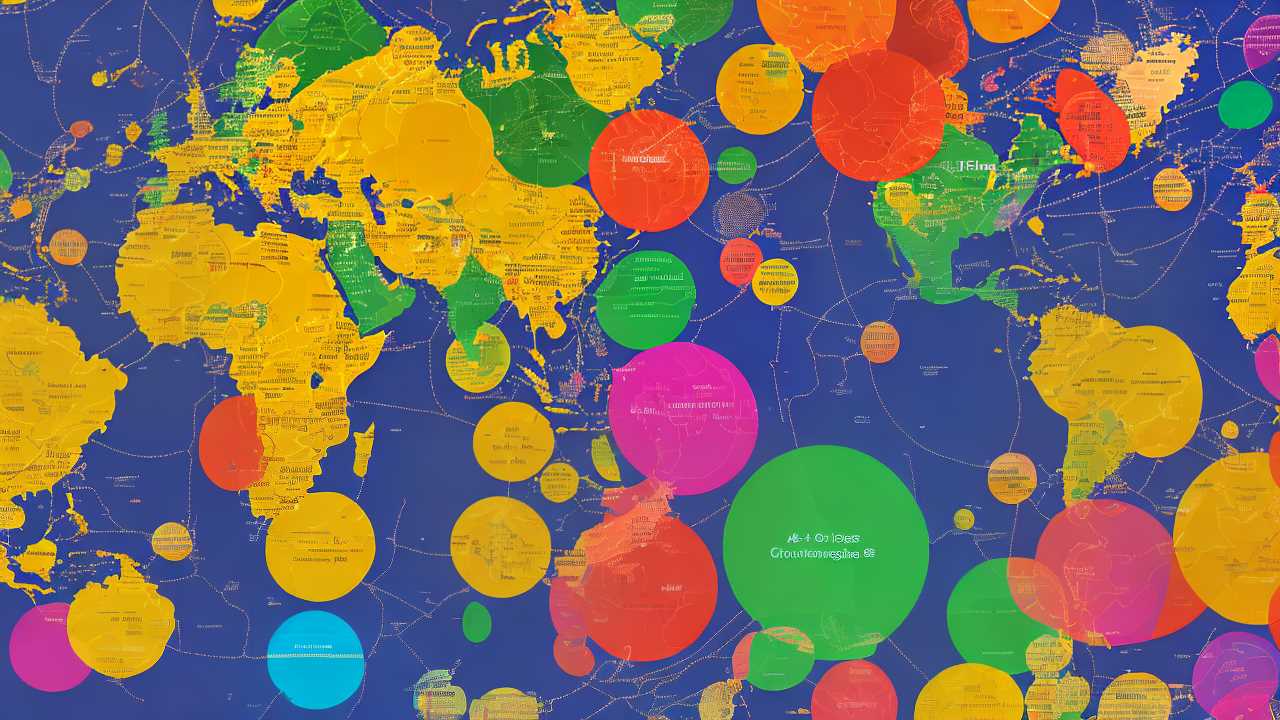
The Interplay of Politics and Economics in International Trade
We live in an interconnected world where political economy plays a crucial role in shaping international trade. The intricate relationship between politics and economics has a profound impact on the flow of goods, services, and capital across borders. Globalization has brought nations closer together, but it has also highlighted the importance of understanding how economic policies and trade agreements influence market dynamics.
The Role of Economic Policies in Global Trade
Governments around the world implement various economic policies that directly affect international trade. These policies can range from tariffs and quotas to subsidies and regulations. For example, a country may impose tariffs on imported goods to protect its domestic industries, while another may offer subsidies to its exporters to make them more competitive in the global market. Such policies can create both opportunities and challenges for businesses engaged in international trade.
Moreover, the fiscal and monetary policies adopted by governments can have far-reaching effects on global trade. A country's tax structure, government spending, and interest rates can influence its economic growth, inflation, and exchange rates. These factors, in turn, can impact the competitiveness of its exports and the demand for its imports.
The Impact of Trade Agreements on International Commerce
International trade agreements play a vital role in facilitating global commerce. These agreements, such as free trade agreements (FTAs) and preferential trade arrangements (PTAs), aim to reduce trade barriers and promote economic cooperation among participating countries. By eliminating or lowering tariffs, simplifying customs procedures, and harmonizing standards, trade agreements create a more conducive environment for businesses to engage in cross-border trade.
However, the negotiation and implementation of trade agreements are not without challenges. Political considerations, such as domestic interests and geopolitical tensions, can influence the terms of these agreements. Moreover, the distribution of benefits and costs among participating countries can be uneven, leading to trade disputes and political backlash.
The Dynamics of Global Market Competition
The political economy also shapes the competitive landscape of global markets. Governments may adopt policies to support their domestic industries, such as providing subsidies, imposing trade barriers, or manipulating exchange rates. These actions can distort market forces and create an uneven playing field for businesses operating in international markets.
Furthermore, the rise of emerging economies and the shifting balance of economic power have reshaped the dynamics of global trade. Countries like China and India have become major players in international commerce, challenging the traditional dominance of advanced economies. This changing landscape has led to increased competition, as well as opportunities for collaboration and investment.
Navigating the Complex World of Political Economy and Global Trade
For businesses engaged in international trade, understanding the political economy is essential for success. Companies must navigate a complex web of economic policies, trade agreements, and market dynamics to thrive in the global marketplace. This requires a keen awareness of the political and economic factors that shape international trade, as well as the ability to adapt to changing circumstances.
Businesses can benefit from staying informed about trade negotiations, monitoring policy developments, and engaging with policymakers and industry associations. By proactively managing the risks and opportunities presented by the political economy, companies can position themselves for success in the global trade arena.
Conclusion
The political economy plays a crucial role in shaping global trade. Economic policies, trade agreements, and market dynamics are all influenced by the interplay of politics and economics. Understanding these complex relationships is essential for businesses seeking to navigate the challenges and opportunities of international commerce. By staying informed, adaptable, and proactive, companies can thrive in the ever-changing landscape of global trade.


